|
I'm proud to present two new episodes of the Radical Health podcast featuring two legends in the "truth community," Dr. Narco Longo of Old World Florida, and Eli Martyr of The Freemelon Society. We challenge a lot of conventional norms in these two episodes, so be prepared and keep an open mind.
Listen to the episodes on Spotify:
Radical Health episode 13 - Radical History with Dr. Narco Longo Radical Health episode 14 - Natural Law with Fruitarian Stuntman Eli Martyr And here are some works by my guests to familiarize yourself with their content if you are not familiar already: YouTube: ANCHORS OF ATLANTIS: The Ark Stones of Florida - by Dr. Narco Longo and Old World Florida YouTube: The Hijacking of Veganism - How Evil's Greatest Trick FOOLED You Again - by Eli Martyr and the Freemelon Society After a 2 year hiatus, I am back with new episodes of the Radical Health Podcast dropping every Monday. Be sure to check out last week's episode Seasons of Fruit, where I take time to thank and feature the winter season citrus fruits before exploring the world of melons as they are currently in season. This week's episode is a two hour exploration of an incredible book called The Cosmotherapy of the Essenes by Dr. Edmond Bordeaux Szekely. He takes us through cosmotherapy on all levels, from cellular health, to harmony on an individual level, to how we fit into the structure of society and nature. What is at the foundation of all these levels? Cosmic radiation and LOVE, which may actually be one and the same... Tune in to find out more. You can listen on Simplecast, Spotify, or wherever you listen to podcasts. Wonderful art of Jesus with bananas by @fruitarianfoundry
Many people still emphatically believe that humans are omnivores, or worse, carnivores. With an increasing popularity in fads like the "carnivore diet," innocent and well meaning people are being misled to deep suffering by eating the wrong foods, and fearing foods that would allow a human to thrive.
All it takes is an open mind, some time to study the details in this chart, and reflection upon one's own anatomical and physiological functions to see that humans are most naturally equipped to consume a diet of primarily fruits and tender vegetables. From our eyes, to our teeth, to our hands, to our stomach acid, to our intestines, all anatomical features support the fact that we are frugivores. Welcome to the ultimate pocked-sized reference manual for the conscious eater. The Fruit Companion presents a practical approach to sourcing, knowing, and appreciating nature's most sweet and nourishing foods. Made for the casual eater and fruitarian alike, The Fruit Companion exists to showcase the beauty and vibrance of fruits, educate and inform about the unique qualities of each fruit, inspire confidence in living a sustainable plant-based lifestyle, and assist seekers of health in developing a natural and intuitive relationship with food. Packed with full color photos and practical information on every page, this book will help guide the reader toward making more informed choices about nature's most sweet and nourishing foods. This book explores the seven main types of edible fruit and how they digest, based on their ratios of sugar, acid, fat, and starch. Also when each fruit is in season, its water content, its most common varieties, if it ripens after harvest or not, and how to tell when it's perfectly ripe. There are also detailed warnings about toxins for the fruits that may contain them. Additional sections include answers to important questions like choosing organic vs conventional, sourcing food, and other resources to follow up with for further study. To celebrate the release of the book, there will be a launch party at The Dancing Elephant in Lake Worth, FL on Wednesday November 15. Starting at 5pm there will be a meet and greet, followed by live music, seasonal fruit tasting, an author talk, and open discourse. The Fruit Companion can be found at the following booksellers:
○ ChocolaTree, Sedona AZ ○ The Dancing Elephant, Lake Worth FL ○ Books & Books, Coral Gables FL ○ Bob's News and Books, Ft. Lauderdale FL ○ sethbailin.com ○ amazon.com This show is an open minded and hearted conversation about nutrition, with an emphasis on vegan and fruitarian diets. Multidisciplinary teacher and creator, Seth Bailin, explains:
Listen on Spotify Listen on Apple Podcasts BRAND NEW ZINE! Available exclusively via mail
Radical Health vol. 5: Best of 2022 24 page zine published January 2023 Order Radical Health vol. 5 from the shop Contents: Frequency Wars Vegan Philosophy The Terrain Model Choices Book Reviews Raw Vegan Recipes Physical Therapy Civil Disobedience Order Radical Health vol. 5 from the shop With every choice comes an effect. Observe which choices lead you toward or away from your goals. What will you choose today?
|
Seth's blogHome of Archives
June 2024
Categories |





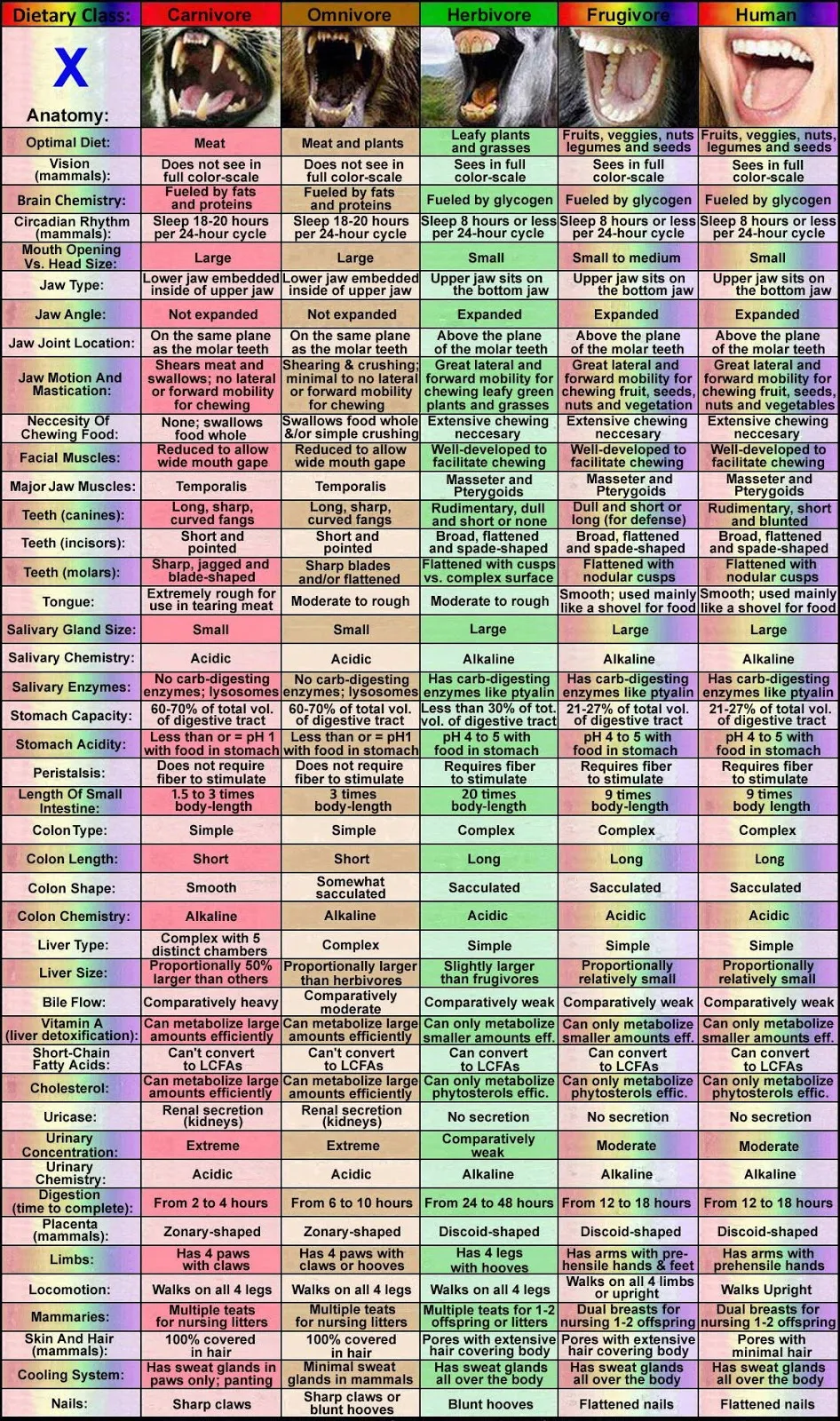
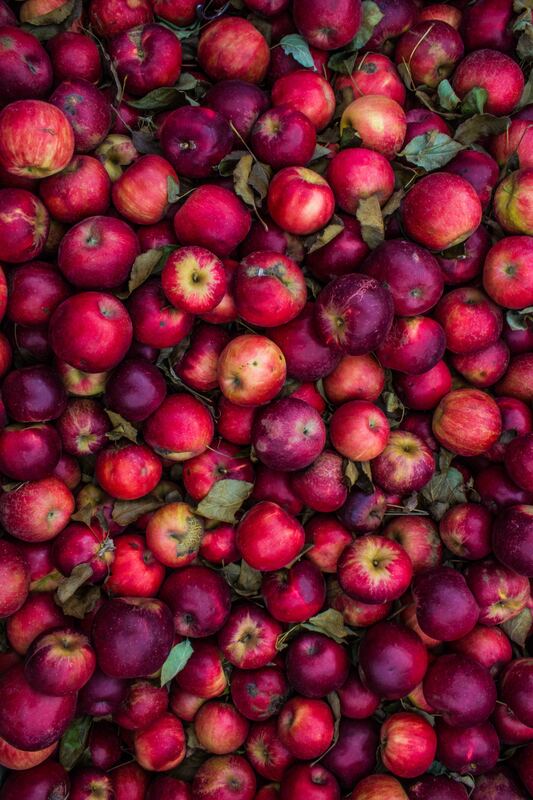
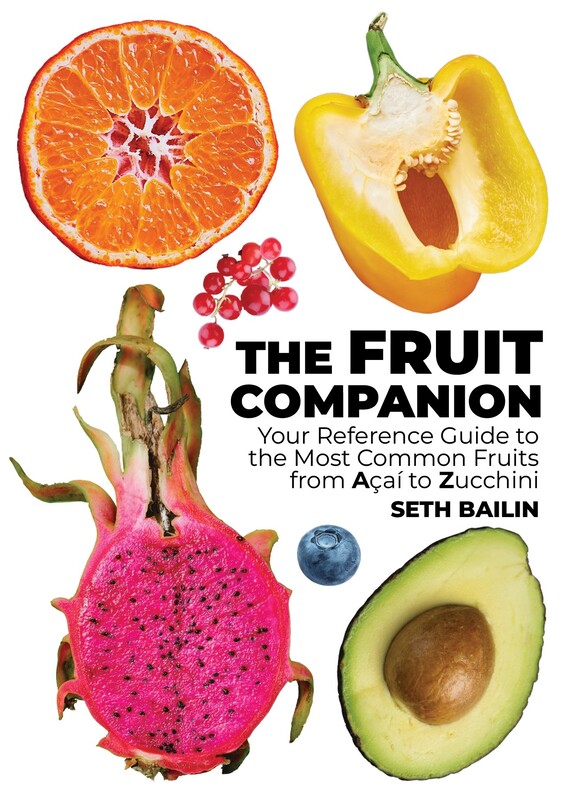
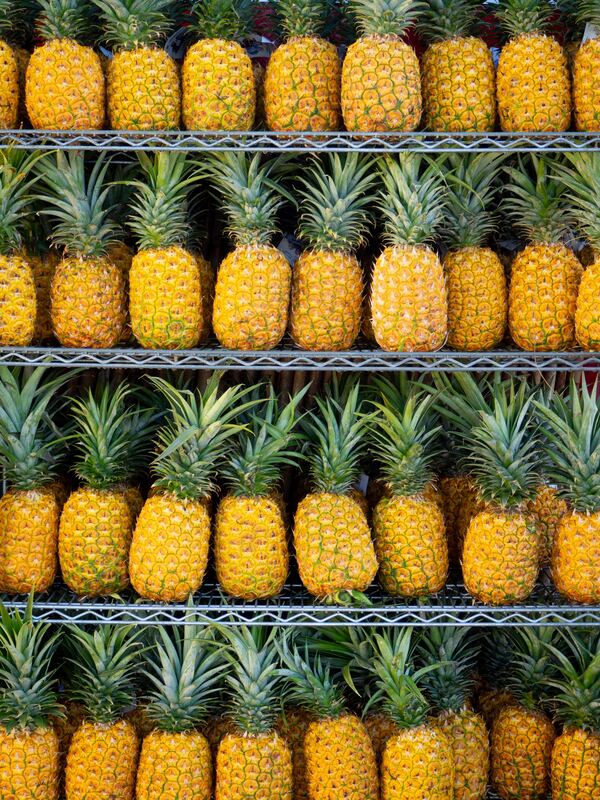
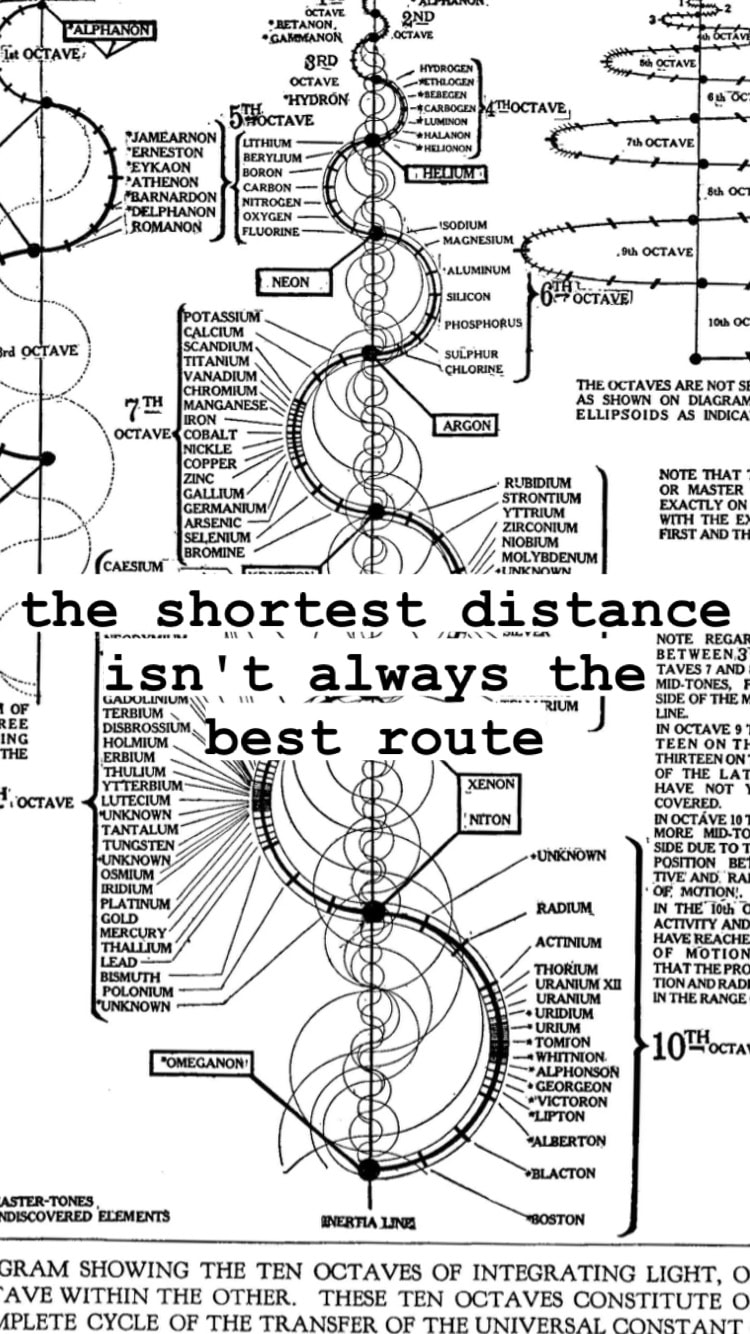
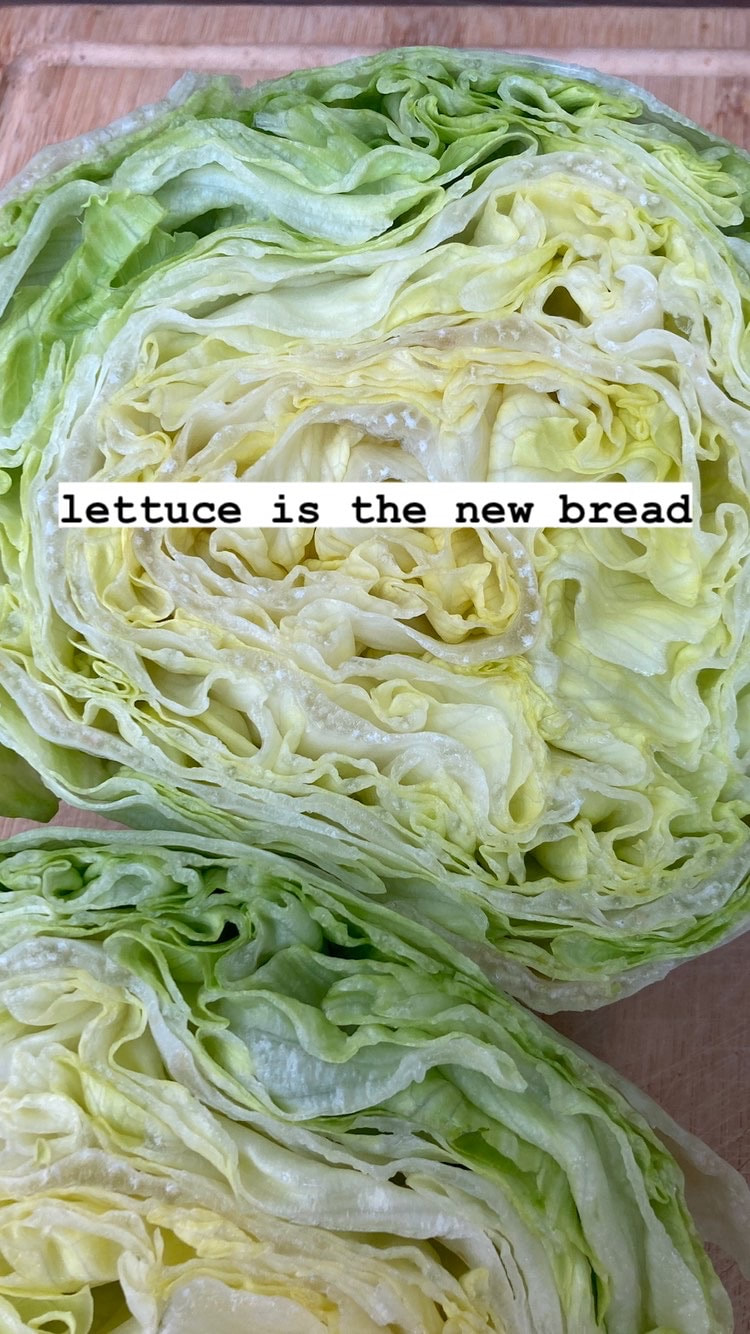



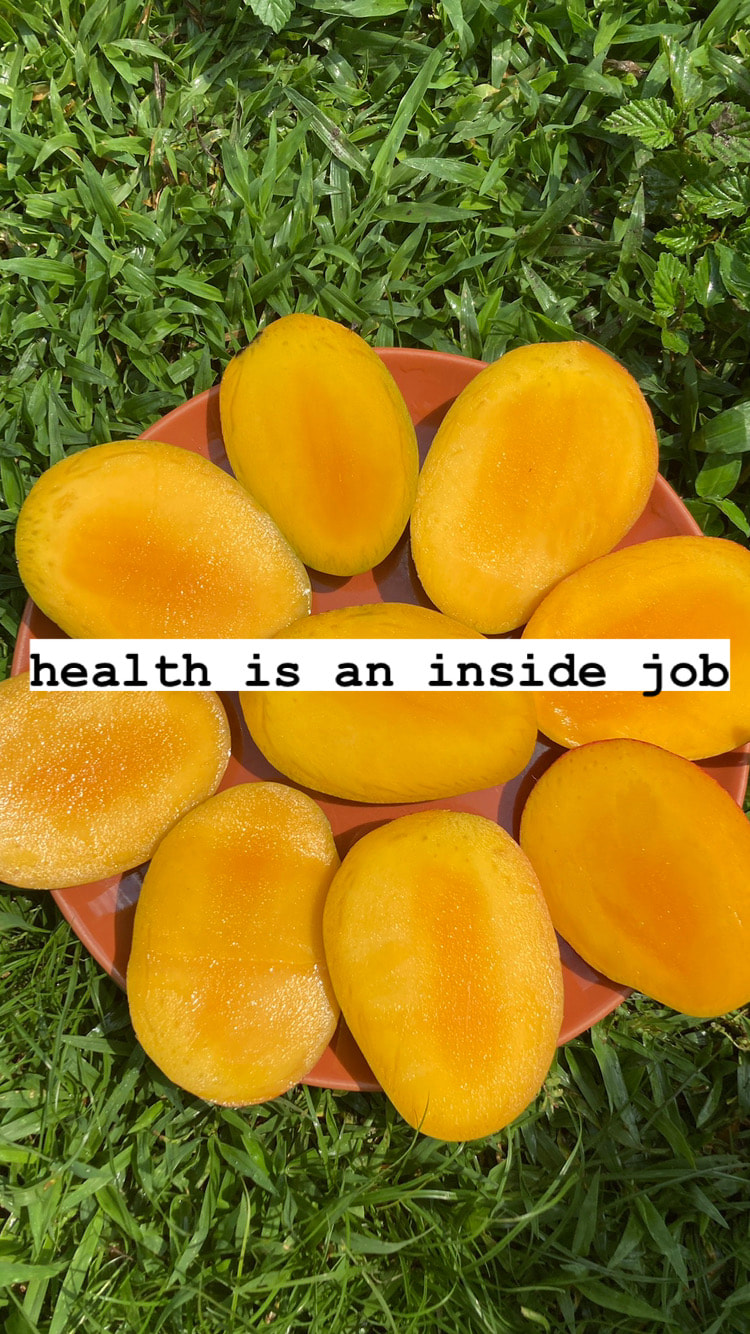


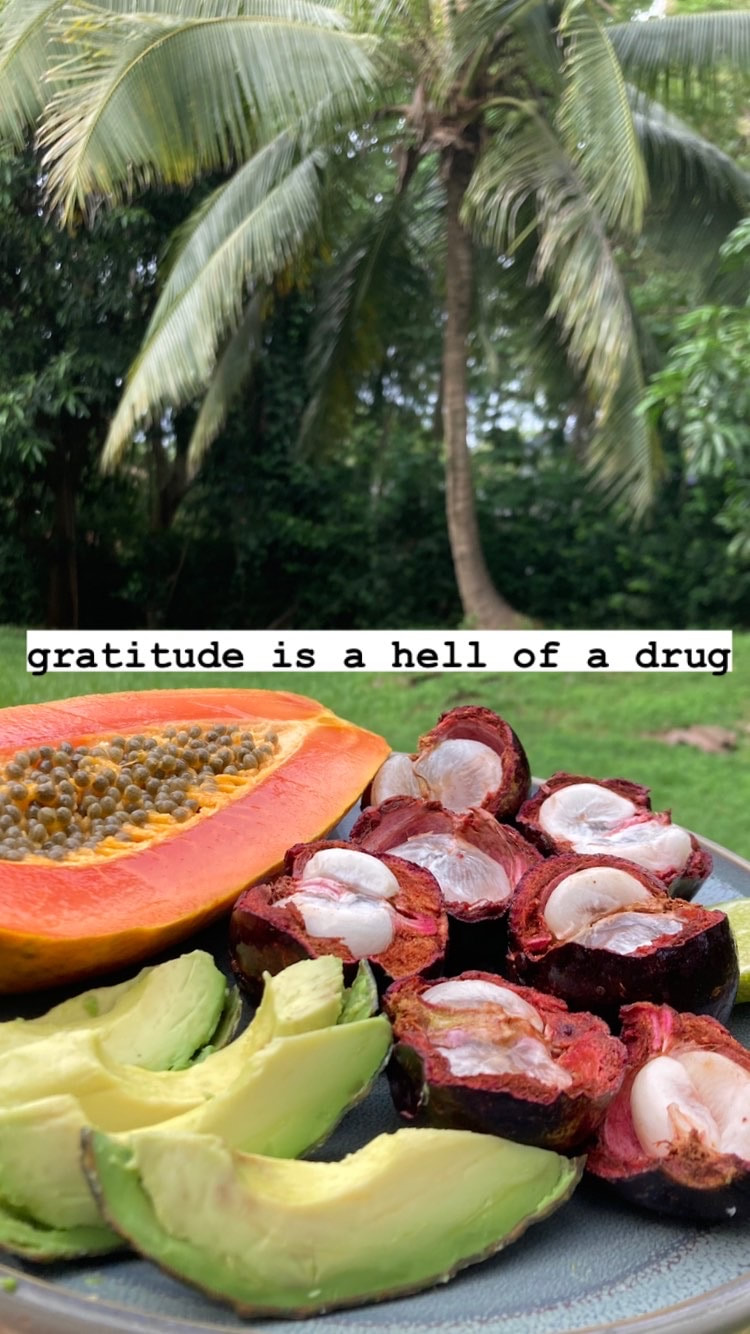
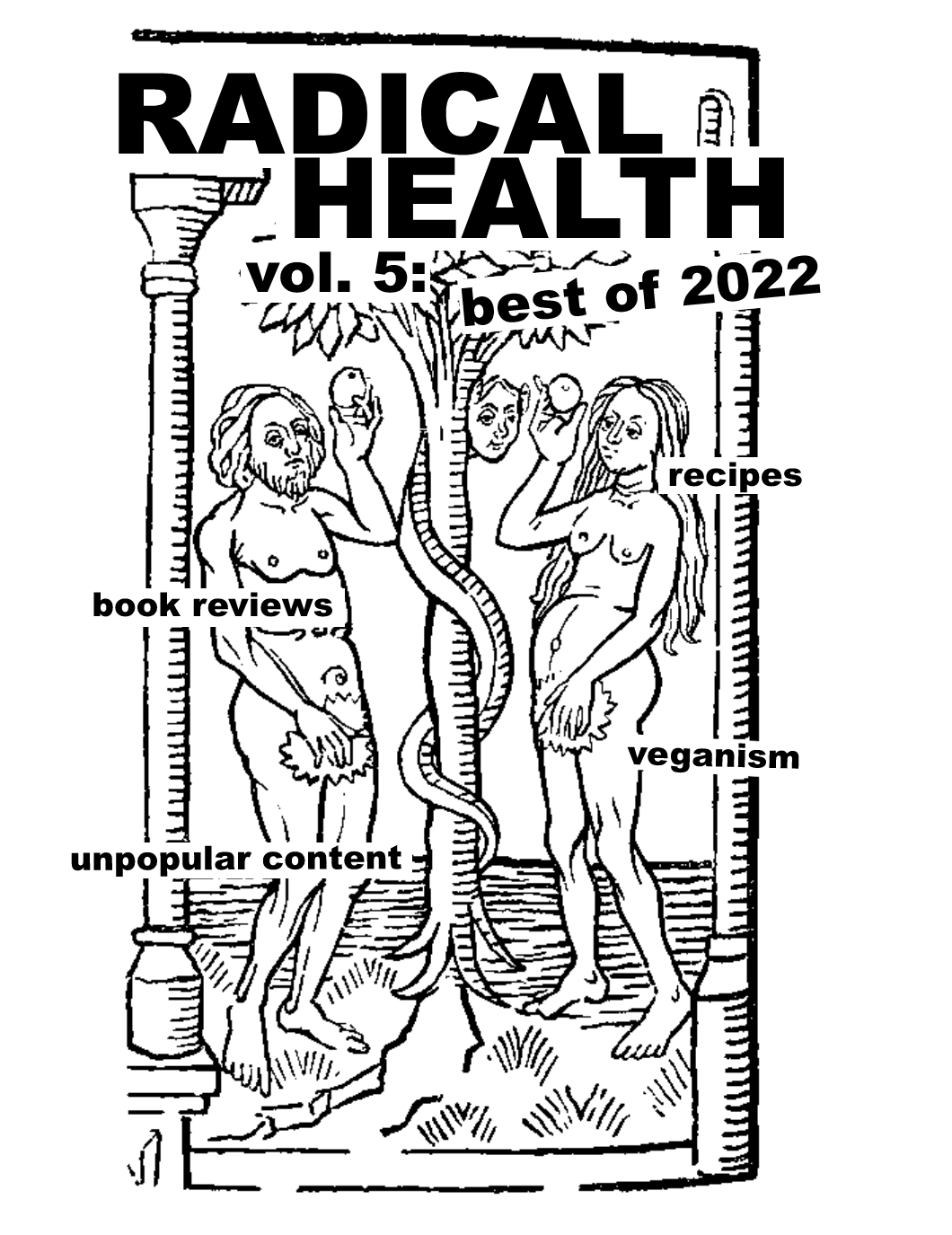
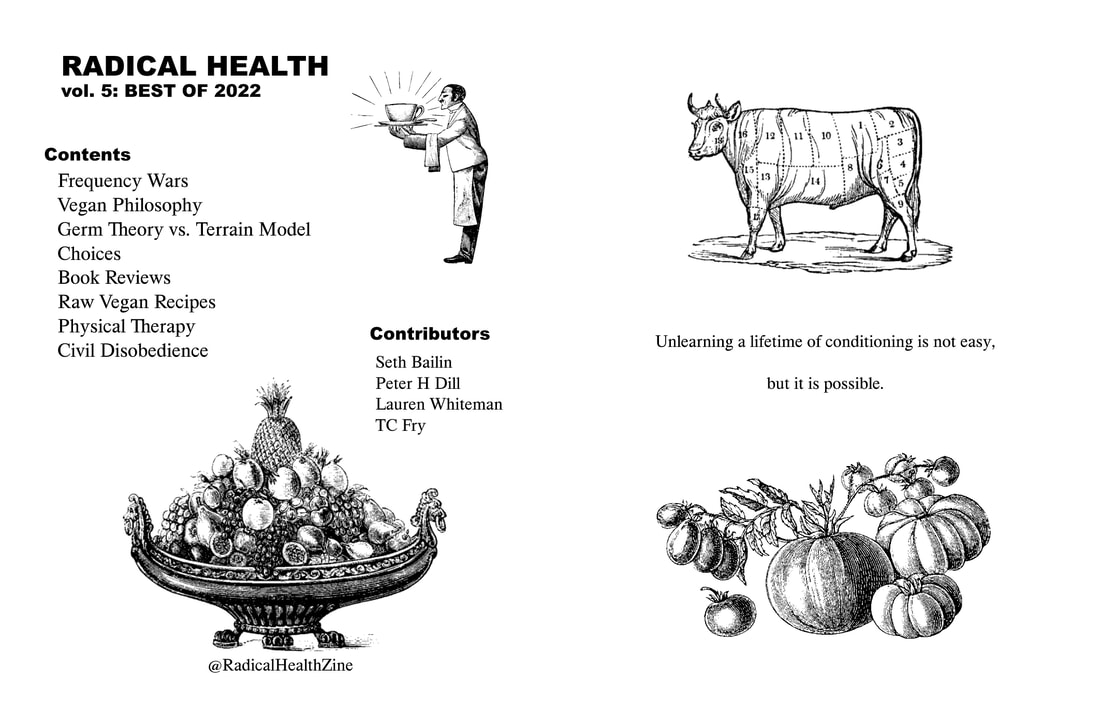
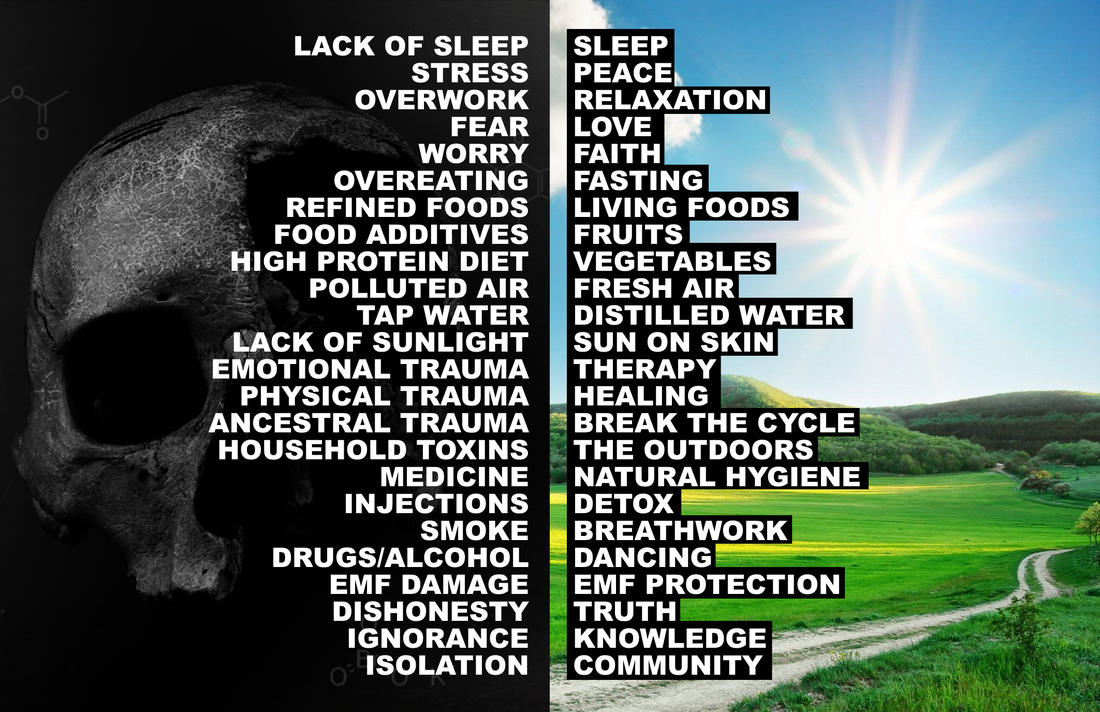
 RSS Feed
RSS Feed